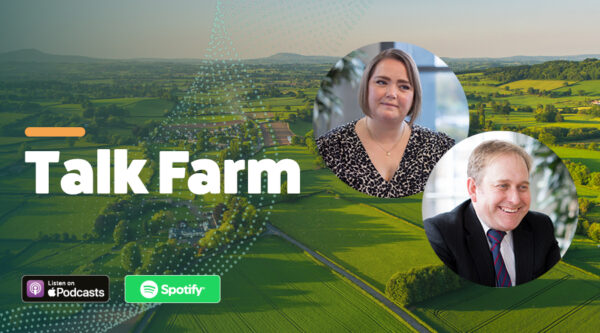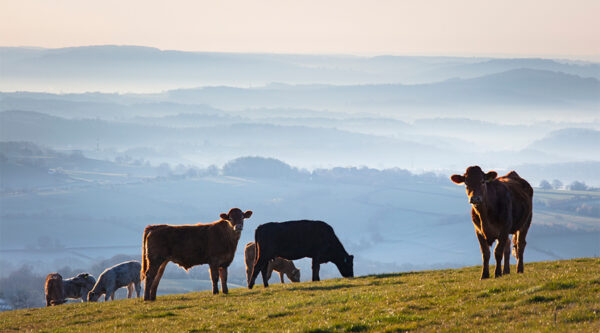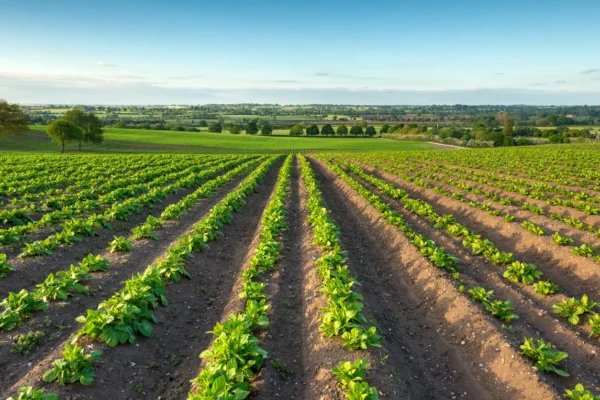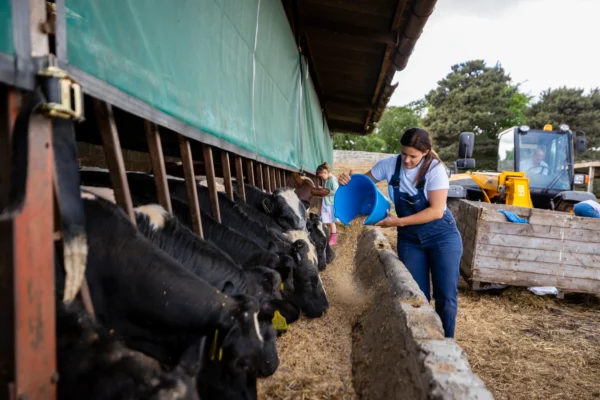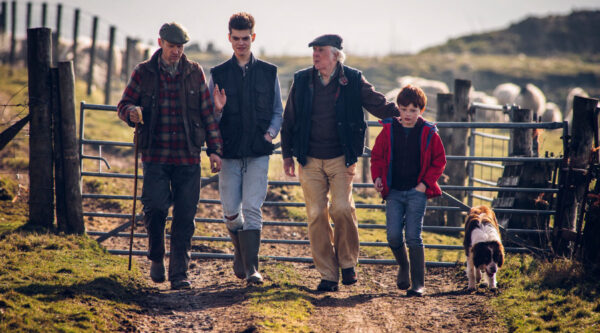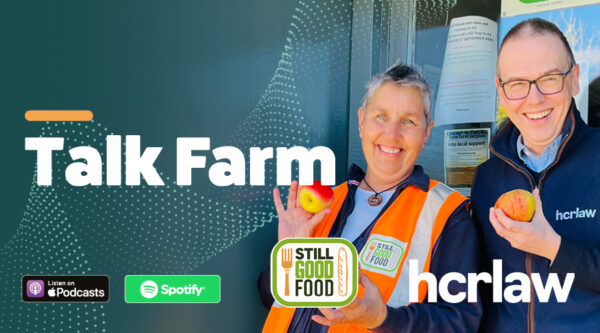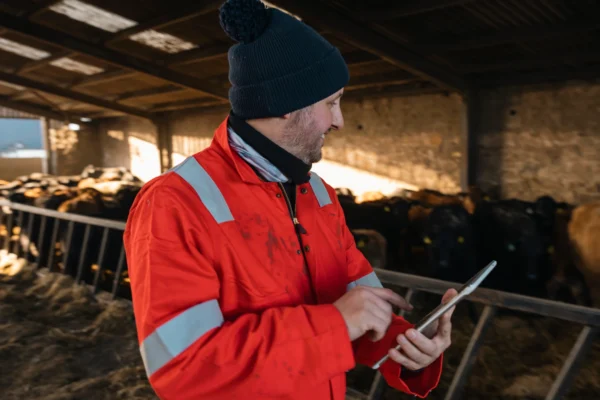

The Welsh government has updated its approach to bluetongue regulation, easing some restrictions introduced earlier in the year. These changes aim to balance disease prevention with the practical needs of the livestock sector, particularly ahead of the busy autumn breeding season.
1. Bluetongue approved red markets – introduced 14 July 2025
From 14 July, designated bluetongue approved red markets have allowed animals to move directly from the English restriction zone to slaughter in Wales, without the need for vaccination or pre-movement testing.
To qualify, animals must:
- Be transported directly to a red market approved by the Welsh government
- Be sold only for slaughter
- Move under general licences EXD627 and EXD628
- Meet strict movement and timing conditions (including slaughter within 24 hours of arrival).
This change has removed a major barrier for English producers seeking access to Welsh slaughter facilities, without increasing disease risk.
2. New rules for Welsh animals attending English markets – effective 18 August 2025
Introducing greater flexibility for Welsh livestock keepers, animals vaccinated against BTV‑3 in Wales are now permitted to:
- Attend approved English markets within 20km of the English/Welsh border (including Ross-on-Wye, Oswestry, Hereford, Ludlow and Shrewsbury)
- Return to Wales on the same day, under a general licence
- Move without pre- or post-movement testing, provided all conditions are met.
These new rules support autumn store lamb and breeding sheep sales, offering a practical outlet for producers in high-surplus areas.
3. Anticipated: Bluetongue approved green markets – from 21 September 2025
The Welsh government intends to roll out bluetongue approved green markets from midday on 21 September. These markets will allow vaccinated animals from both England and Wales to be traded under general licence.
No movement licences or tests will be required, provided vaccination status can be verified.
What does this mean for businesses?
Welsh policy makers are adopting a more nuanced, risk-based approach. While licensing and disease control continue to be priorities and livestock vaccinations are encouraged, the updated framework better reflects the realities of cross-border trade, especially for vaccinated livestock and animals moving for slaughter.
Farmers, auctioneers and transporters should closely monitor GOV.WALES and APHA portals for guidance on licensing, vaccination verification and market eligibility.
While flexibility had increased, particularly for vaccinated animals, the economic impact of earlier restrictions remains unclear. With low confirmed BTV-3 cases in England during the 2025 season, questions may arise about whether the measures strike the right balance between disease control and commercial necessity – especially heading into this critical marketing period.

